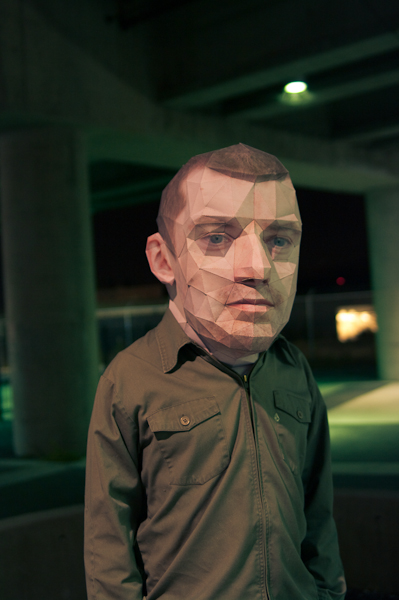Session facilitated by: Chris Coldewey – coldewey AT gmail – chriscoldewey.com
- Why
- Need to create learning community that people in each city can sign on to
- One benefit could be getting a better understanding of cultural/political diffs
- Not just about sharing, but BC can project its influence for the larger benefit of the region
- How
- Rallying meme: Republic of Cascadia. Create a unifying glossary of terms to brand the movement
- Tedx as inspiration: Create a “TedxCascadia” or “ChangeCamp” that brings together people from Vancouver, Seattle, and Portland.
- Create a “Sister Cities” one-day event framework (like Tedx in general) that could be franchised/replicated by people wanting to create similar “sister cities” types of conferences around the world
- Collaborative organizing
- Include Victoria too!
- Kinship areas btw YVR/SEA/PDX
- Housing
- Composting
- Open data
- Transportation
- Small business
- Food carts
- Community-based broadband
- Startup tech cos
- Possible themes: Environment, Culture, Economy
- Offline vs. offline issues
- In-person conferences are great, but are expensive and by definition can only include a few people
- Could have simultaneous conferences and stream video from different locations to each other (like when Tedx confs show videos)
- Unconference format can be useful, but there may need to be an alternative for more in-depth discussions
- How to keep the momentum between annual conferences
- Regional awards / award ceremonies
- Big event annually, smaller events throughout the year. E.g., Compost or Housing get-together / field trip / mini-conf
- Online/offline: Universities like Emily Carr are good at connecting offline and online learning
- Online tools: e.g. Maestroconference (conference call service that enables facilitators to break listeners into groups)
- What exists now
- Existing online communities connecting urban and rural: Telecommunities, BC3, Pacific Community Networking Association (PCNA)
- Community Futures in Prince George region does regional conferences which bring people from different towns together
- Net Tuesday does this well – simultaneous events
- Upcoming conference with similar goals of connecting existing communities of art, architecture, and design: NewPlan.It at Hollyhock, June 2011


